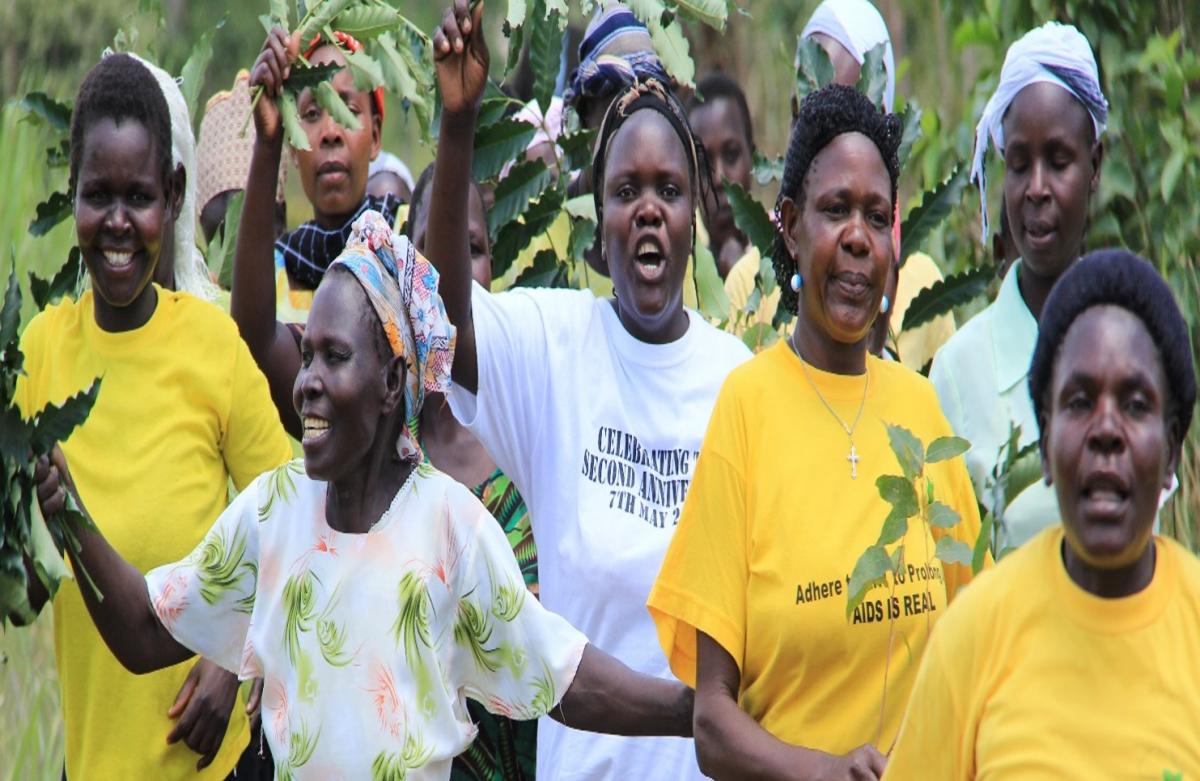 |
| In any intervention, careful consideration of the potential effects on both girls/women and boys/men is critical. Simply adding a ‘gender equality component’ to existing policies and plans is not sufficient; Instead, the views, experiences, interests and needs of both girls/women and boys/men should shape the design, implementation, monitoring and evaluation of interventions from the outset.
The Commonwealth of Learning sees this kind of integration of gender considerations into policies and plans as critical to gender mainstreaming. To guide the development of institutional policies and plans that integrate gender mainstreaming in this way, COL has compiled a selection of policies and plans from intergovernmental agencies and institutions to serve as examples for policy makers and planners. Commonwealth AgenciesCommonwealth of Learning Commonwealth Secretariat Association of Commonwealth Universities United NationsFAO – The Food and Agriculture Organization of the United Nations WFP – The World Food Programme Division for the Advancement of Women (DAW) UN Women UNESCO UNICEF – The United Nations Children’s Fund UNDP ILO – The International Labour Organization WHO – The World Health Organisation Development AgenciesCanadian International Development Agency (CIDA) AusAid UK’s Department for International Development (DFID) DFID’s Experience of Gender Mainstreaming: 1995 to 2004 Development BanksWorld Bank Asian Development Bank (ADB) Inter-American Development Bank African Development Bank Other Intergovernmental AgenciesCouncil of Europe OECD OSCE Office for Democratic Institutions and Human Rights European Commission International NGOsCARE – Gender Policy Oxfam – Policy on Gender Equality References:
|


